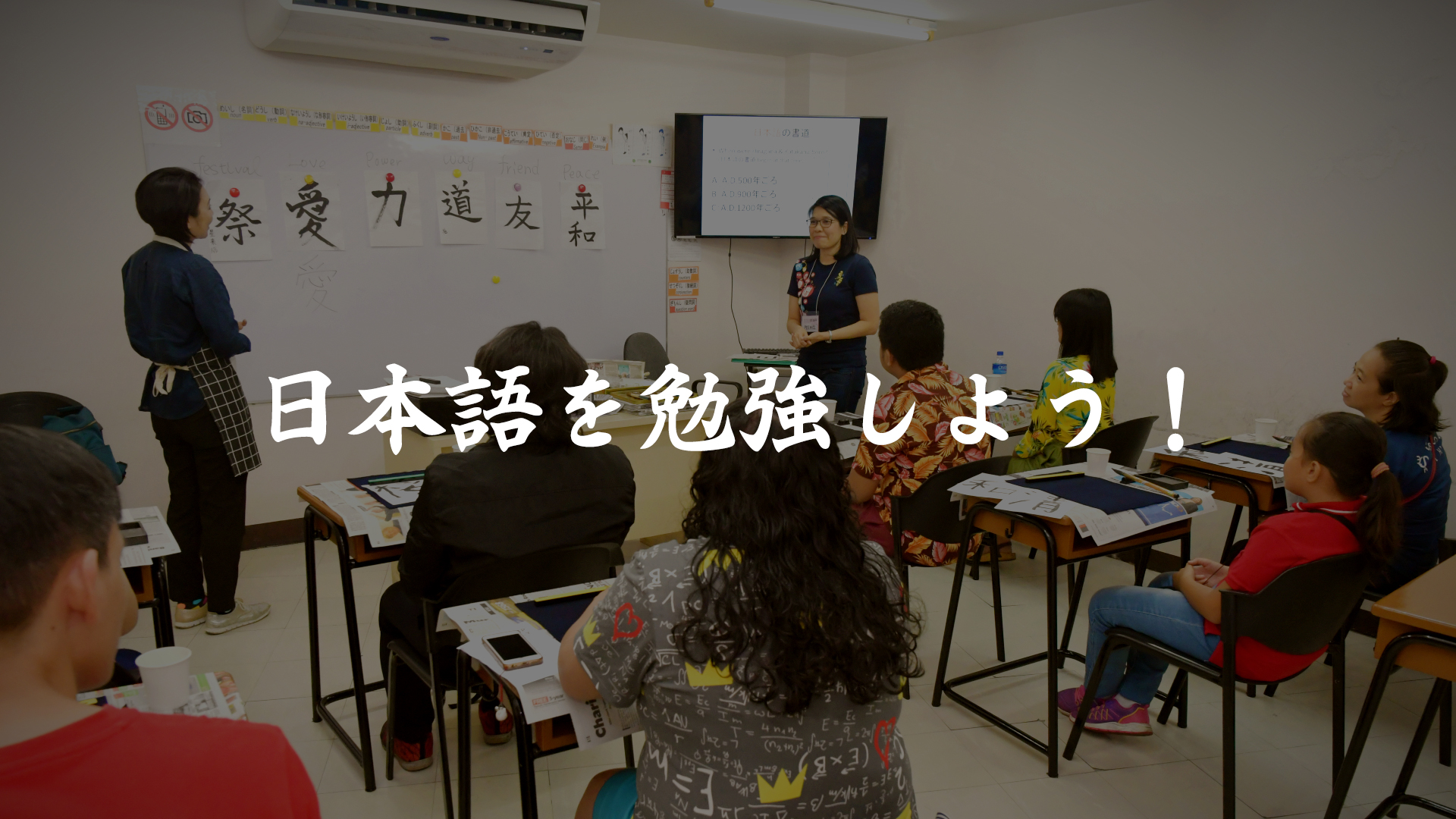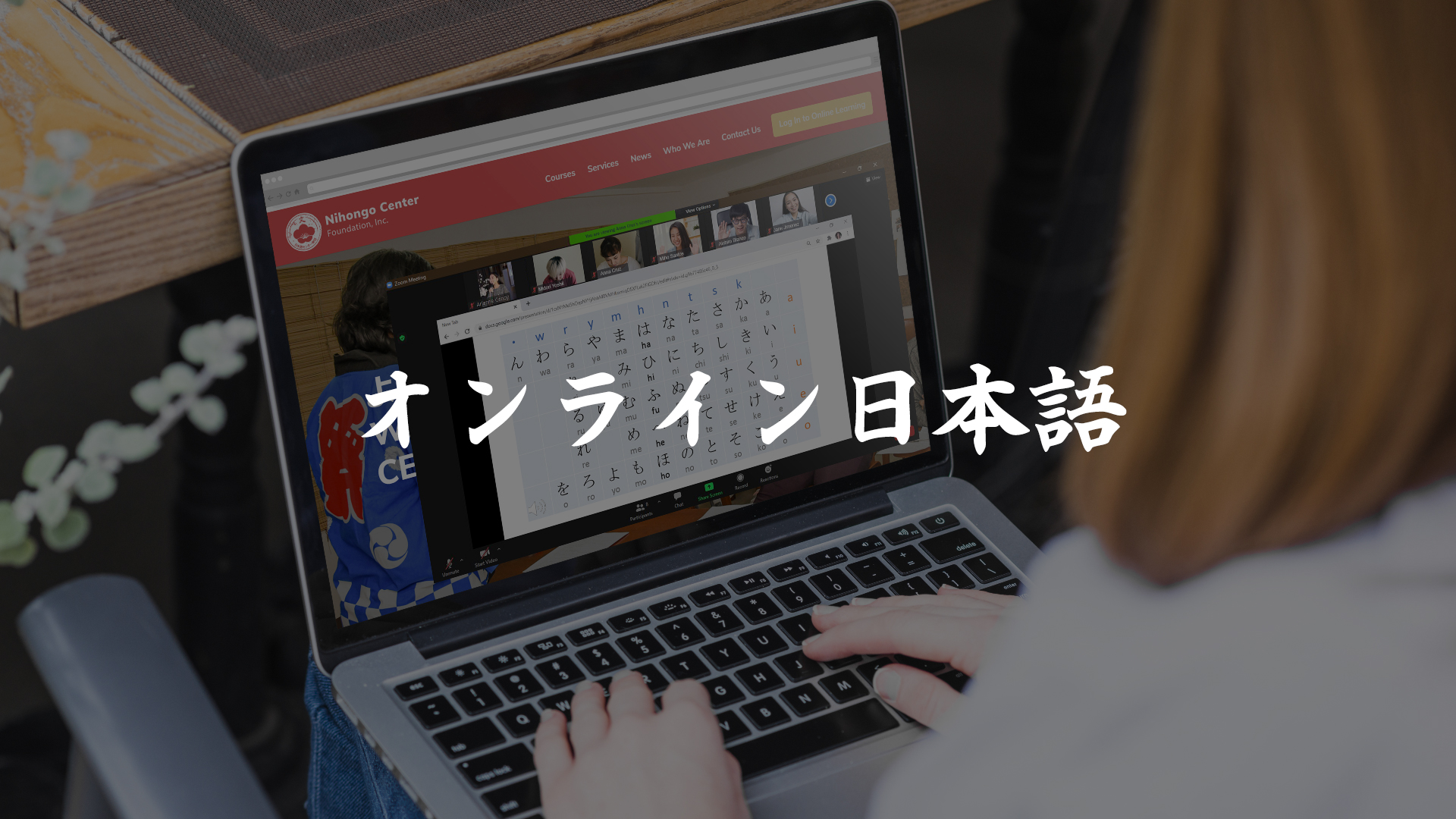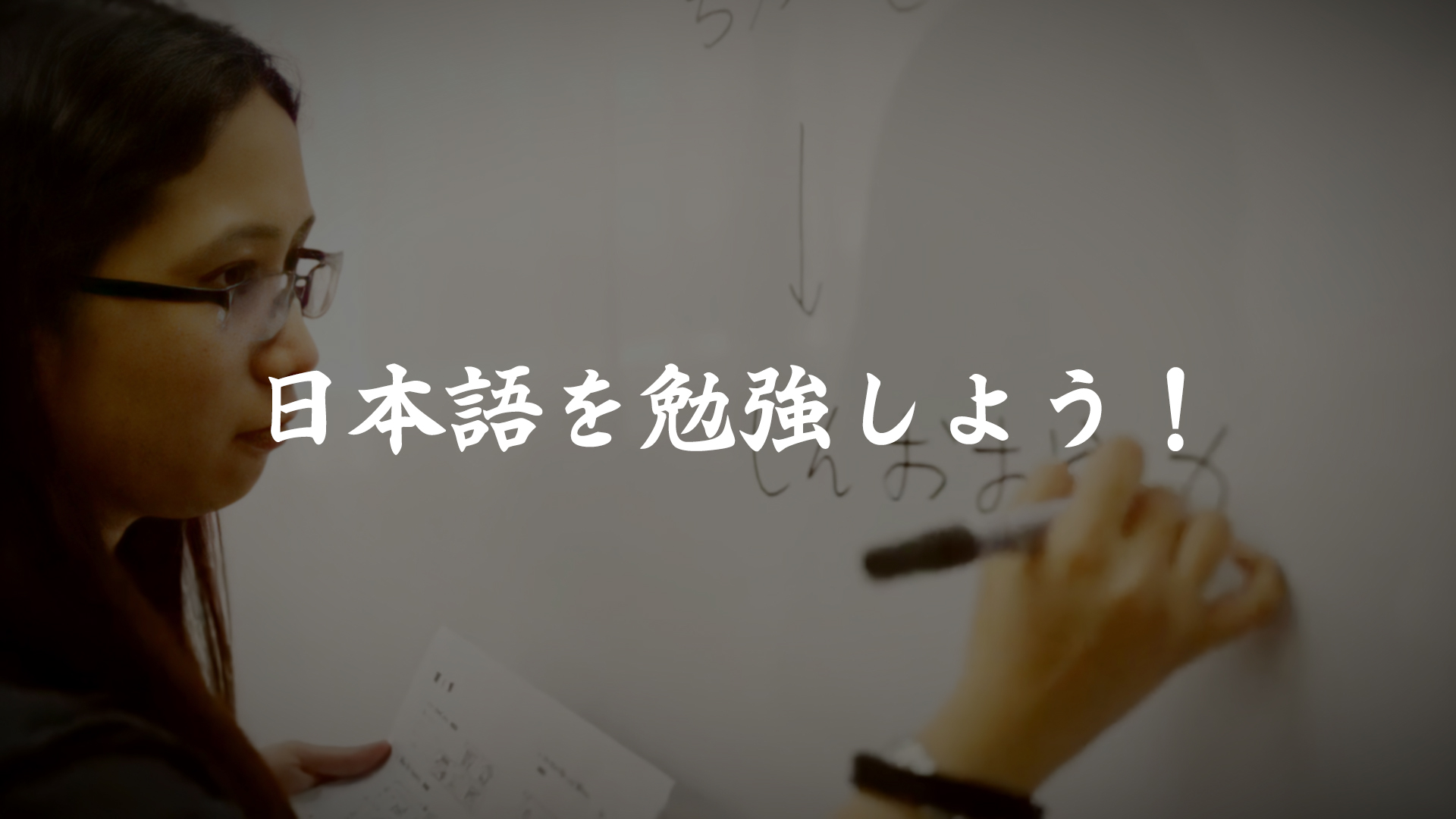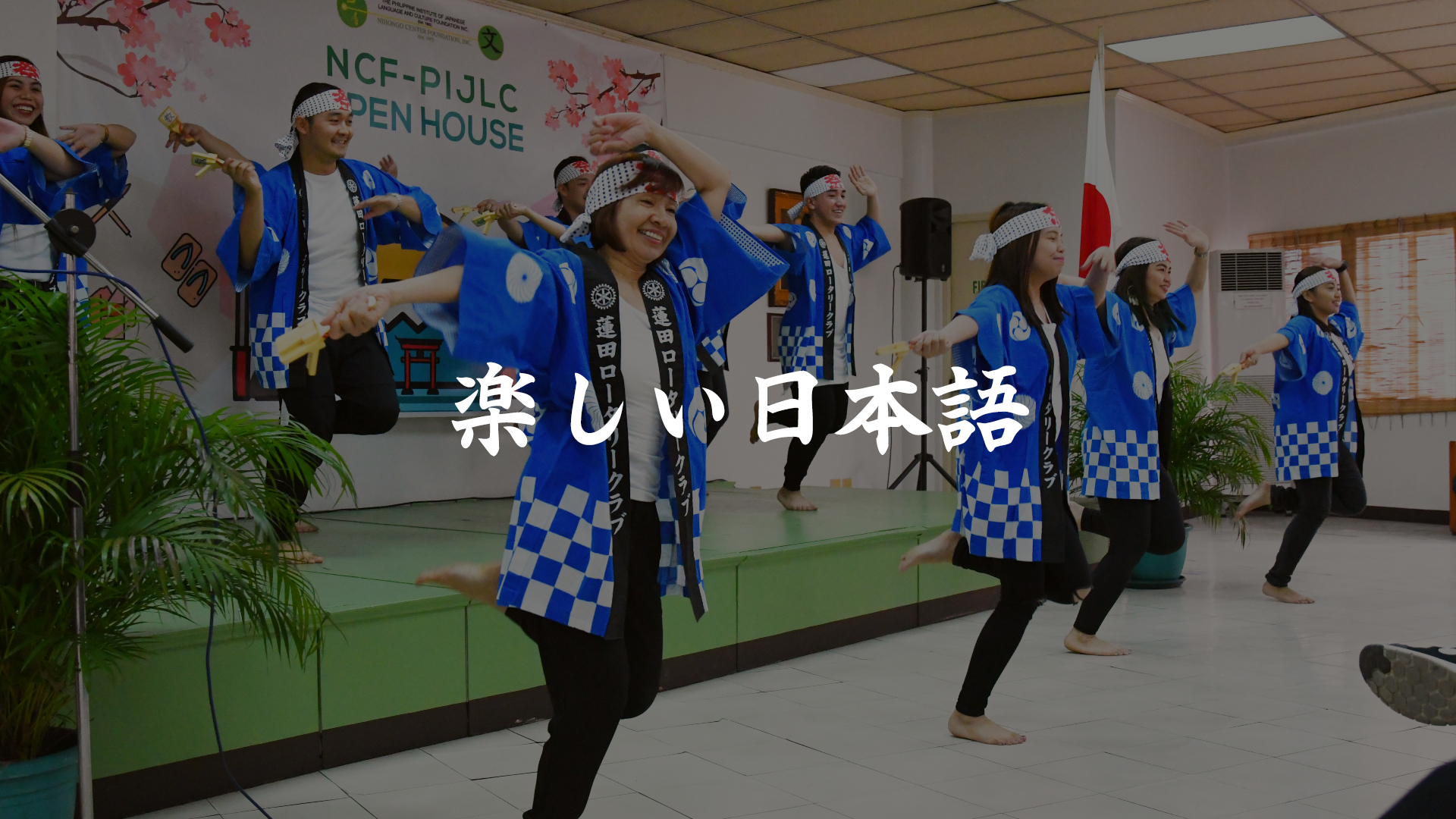Welcome to Nihongo Center Foundation
Dedicated to Providing Quality Nihongo Education
Since 1997, the Nihongo Center has been providing quality Japanese language education to tens of thousands of Filipinos who have acquired Nihongo proficiency for study, training and work in Japan.
Through the years, we have built a comprehensive program of Japanese language courses – from Basic to Intermediate levels, special courses (such as for JLPT review, business, nurse care, hospitality) – all taught in the context of Japanese culture, society, person-to-person situations and the dynamics of Philippines-Japan friendship, understanding and partnership.
オンライン日本語
NCF e-Nihongo now online!
The pandemic of 2020 accelerated the digitalization of NCF. It has launched a Nihongo Teaching Platform custom-built to the stringent specifications of its proven curriculum patterned after JLPT 日本語能力試験 standards.
Number of Enrollees in NCF-PIJLC since 1992
%
JLPT Passing Rate
JPEPA Preparatory Nihongo Course Graduates
PIJLC Year Established
NCF Year Established
*NCF – Nihongo Center Foundation
*PIJLC – Philippine Institute of Japanese Language and Culture Foundation, Inc.
*JLPT – Japanese Language Proficiency Test
*JPEPA – Japan-Philippines Economic Partnership Agreement

日本語能力は財産です!
Nihongo Proficiency is an Asset!
Japan is a strategic partner of the Philippines and the ASEAN. Ours is a symbiotic relationship where the region benefits from Japanese investments and technology while we offer large growing markets and vast pools of human resources.
Proficiency in the Japanese language is not only a fundamental requirement for employing foreign workers in Japan, a worker’s ability to communicate in Japanese will open career advancement opportunities in Japan’s countless multinational enterprises in diverse industries.
Nihongo proficiency will equip Filipinos and Asians of this and future generations with a distinct competitive advantage as our region moves ever closer towards its inevitable integration.
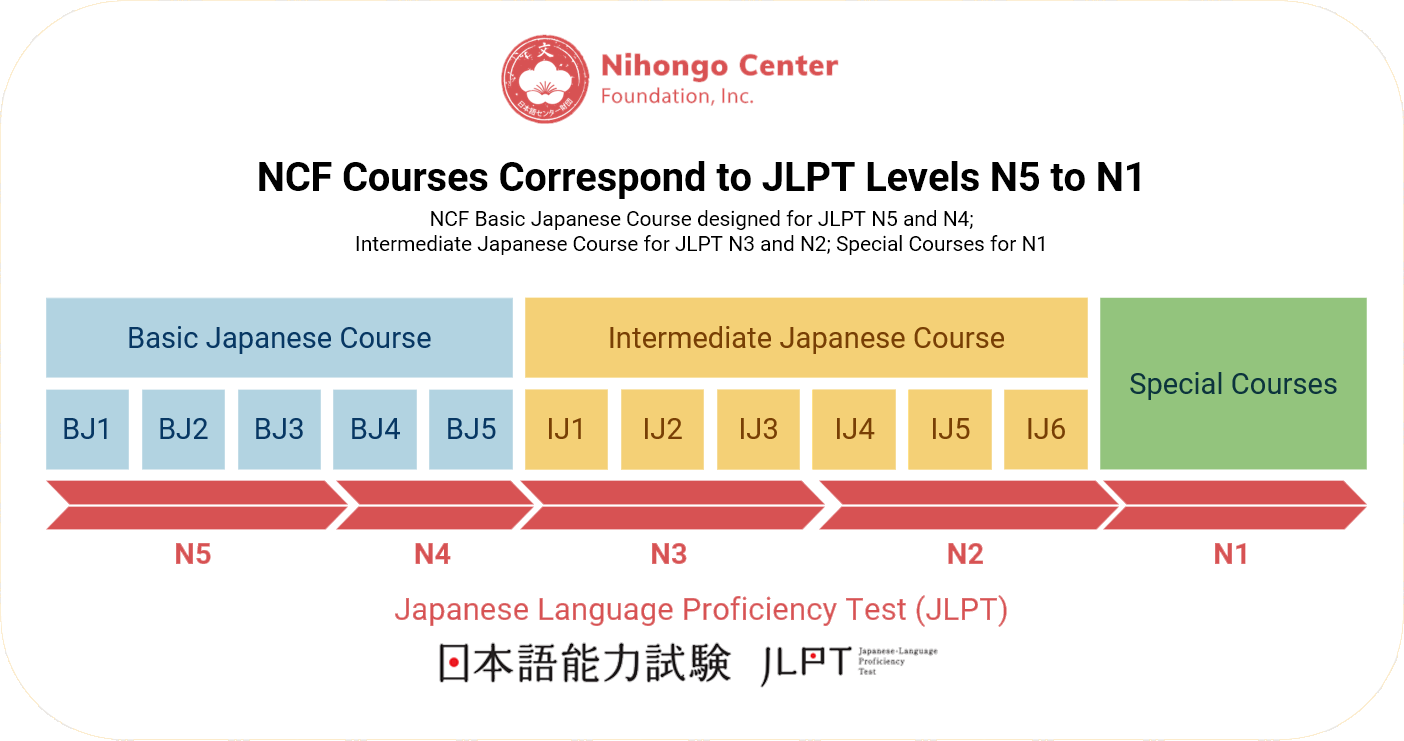
奨学金
Scholarships
NCF provides tuition fee scholarships for outstanding students. It also facilitates applications for scholarships offered by correspondent universities in Japan.
Bulletin Board
Announcements, News Articles and Features
Japan Foundation President, Mr. Kurosawa Shinya visits NCF
Japan Foundation President, Mr. Kurosawa Shinya visits NCFAugust 29, 2024On August 29, 2024, the President of The Japan Foundation, Mr. KUROSAWA Shinya, visited the Nihongo Center Foundation, Inc. (NCF) in Makati City. He was accompanied by Mr. SUZUKI Ben, Country...
N1 Review Online Classes for December JLPT Preparation
Konnichiwa from NCF-PIJLC! Application is now open for N1 Review Online Classes in preparation for 2024 December JLPT. In order to join the classes, applicants should at least be a JLPT N2 passer. N1 passers who wish to join the class are welcome. There are three...
JPEPA Batch 16 Completes Preparatory Japanese Language Training
JPEPA Batch 16 Completes Preparatory Japanese Language TrainingMay 24, 2024The 16th Preparatory Japanese-Language Training for the Filipino Candidates Nurses and Certified Care Workers under the Japan-Philippines Economic Partnership Agreement (JPEPA) program...
N1 Online Classes for 2024 JLPT Preparation
N1 Online Classes for 2024 JLPT PreparationFebruary 12, 2024UPDATE (04/18/2024): Please be informed that due to the demand with our N1 Online Basic Class, application is now closed. Thank you for your interest in our N1 Classes this batch. UPDATE (03/27/2024): Please...
Frequently Asked Questions
What do the abbreviations mean?
- NCF – Nihongo Center Foundation, Inc.
- PIJLC – Philippine Institute of Japanese Language & Culture Foundation, Inc.
When were NCF and PIJLC established?
NCF was established on July 11, 1997.
PIJLC was established on June 1, 1992.
Where are NCF/PIJLC classes held?
We have two branches, one in Makati and another in Manila
- The Makati branch is located at 6 th Floor, Electra House Building, 115-117 Esteban
corner V. A. Rufino Streets, Legaspi Village, Makati City - The Manila branch is located at the Philippines-Japan Friendship Center – Manila, R. Papa Street, Sampaloc Manila
NCF/PIJLC conduct both face-to-face and online classes
- Due to the COVID-19 pandemic, on-site classes in both branches have been put
on hold, until government regulations and/or safety considerations permit - NCF recently built an e-Nihongo digital platform designed for distance learning
What is the difference between PIJLC and NCF?
- PIJLC preceded NCF. For more info, click here.
- NCF offers Basic Japanese Courses
- PIJLC offers Intermediate Japanese Courses and Special classes. For more info, click here.
Will NCF courses help me pass the JLPT?
a) The vocabulary, sentence patterns, and kanji that are taken in the courses at Nihongo Center Foundation cover a portion of what is expected to appear in the JLPT N5 and N4 exams.
b) JLPT is a framework for evaluating and assessing the language proficiency of non- native speakers. Thus, we advise students to study and practice beyond what is required from NCF-PIJLC classes in preparation for taking JLPT examinations.
c) Generally, NCF Courses correspond to following JLPT levels:
i) NCF Basic Japanese Courses 1 – 3 cover parts of the grammar, vocabulary, and Kanji that are expected to be covered in JLPT N5 exams
ii) NCF Basic Japanese Courses 4 – 5 cover parts of the grammar, vocabulary, and Kanji that are expected to be covered in JLPT N4;
iii) NCF Intermediate Japanese Courses 1 – 3 cover parts of the grammar, vocabulary, and Kanji that are expected to be covered in JLPT N3;
iv) NCF Intermediate Japanese Courses 4 – 6 cover parts of the grammar, vocabulary, and Kanji that are expected to be covered in JLPT N2;
v) NCF offers Special Classes for students preparing to take JLPT N1 exams.
vi) For more information about the JLPT, click here.
How long will it take me to learn how to speak Nihongo?
a) Attaining proficiency in a foreign language largely depends on a student’s
determination to learn.
b) While a certain aptitude for learning foreign languages would be required, hard
work, patience, perseverance, regular practice, ability to memorize all contribute to
accelerating the process of acquiring language facility and proficiency.
c) Digital / online resources abound and can be used by learners in enhancing their
learning environment.
d) Practice and repetition are very important tools for acquiring language proficiency,
especially when done with native speakers of Nihongo.
How much is the cost of studying at NCF?
Please contact us here for the course list and rates.
How do I enroll in a class at NCF?
a) Until in-person classes are opened, NCF/PIJLC will be offering courses at its e-
Nihongo platform.
b) The basic enrollment procedure is as follows:
i) Enlist: Student to confirm course openings via online inquiry
ii) Enroll: NCF to confirm student registration and provide tuition payment instructions
iii) Attend: Upon confirmation of enrollment details, duly registered students will each be given a Student Number; student to enter a PIN for access to all digital resources
What are the payment options available?
a) Check/cash deposit to NCF accounts; details to be provided upon enrollment
b) Cash payments to NCF staff/teachers/personnel strictly prohibited


